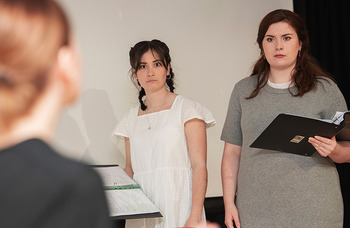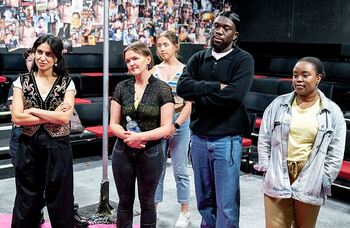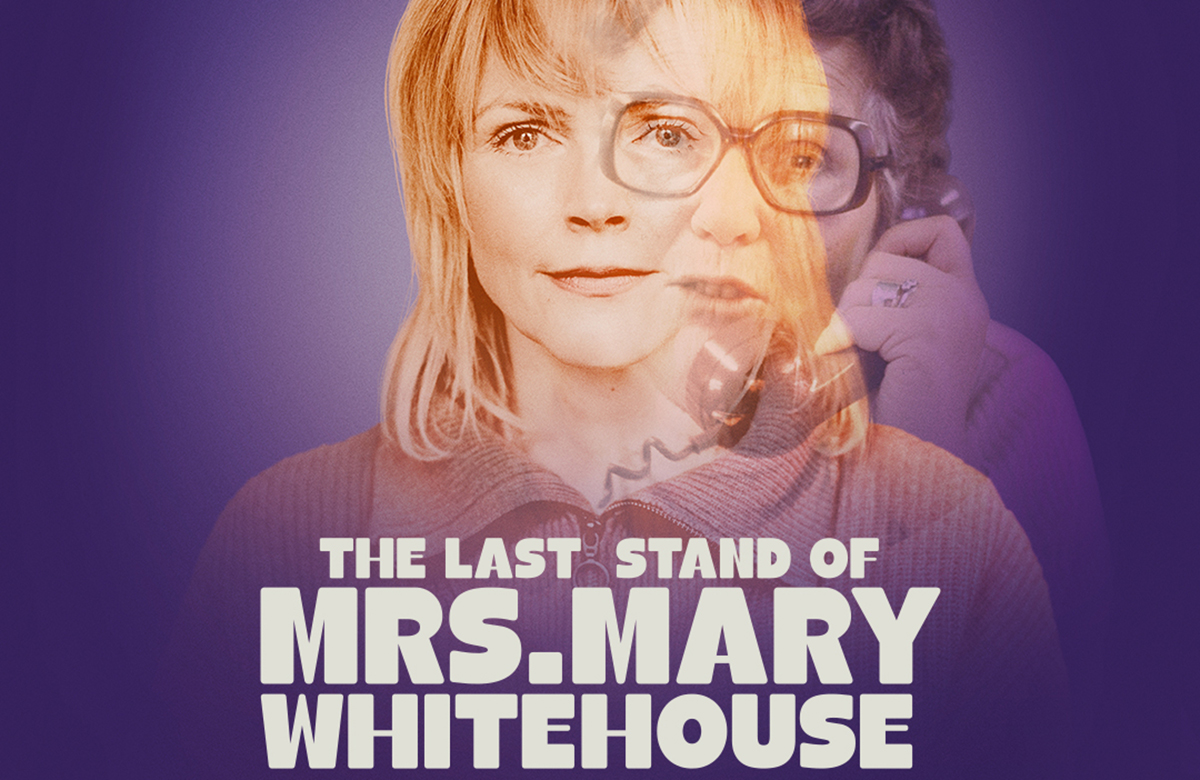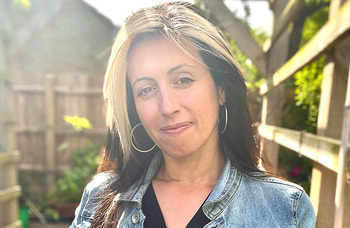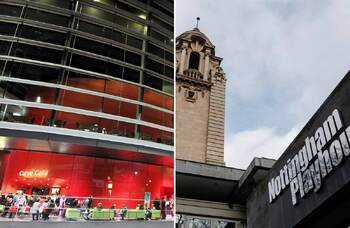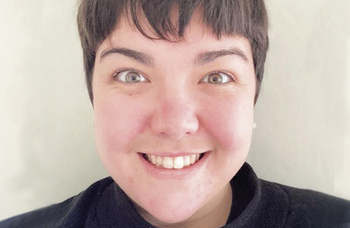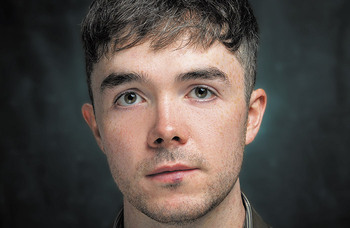Longevity in theatre requires talent and skill – and lucky timing
I have always admired those who know when to step away, whether it is from a particular job or indeed an entire career. Of course, it can be hard to let go, to accept it’s time to call a halt, and maybe you are not the only person who could do what you do and do it well.
Many years ago, Phelim McDermott told me of the moment he realised he was perhaps no longer the theatrical insurgent he had once seen himself as being, but was increasingly part of the establishment and needed to embrace that new role as a theatre elder and enabler of others. He and Improbable have done that gracefully, particularly via Devoted and Disgruntled, the latest iteration of which took place in London over the weekend.
If you are not being forced out by ill health, leaving a long career, or a long-held job, behind requires readjustment and the ability to relinquish part of your identity, perhaps also some ego, and maybe an addiction to working – something Rufus Norris has acknowledged. You need to be able to see other versions of yourself doing other things, and of course retirement requires financial resources, something most theatre freelancers have simply never had the opportunity to accumulate because they lived hand to mouth since they entered the industry.
Without funding and the opportunity that comes with it, it’s unlikely the current crop of early and mid-career artists will still be ‘knocking it out’ in 30, 40 or 50 years’ time
Over the past few years, particularly since Covid, as funding and touring opportunities have dried up, many of theatre’s freelancers have found that, whether they like it or not, their careers have left them, and they have increasingly sought work in other industries, resulting in a talent, skills and experience drain for theatre. As I found out when I visited the National Theatre’s workshops, the industry always needs newcomers, but it also needs its mid-career and older artists and the wealth of knowledge and skills they can pass on.
Continues...
Some actors, if they are lucky enough to remain in good health and have the offers, just don’t stop, and why should they? The best actor award at this year’s Oliviers went to John Lithgow, aged 79, and the best actress award to Lesley Manville, who is 69 and in her prime. And writers almost always remain writers whether or not they get their plays on.
So what does longevity look like in the current climate? Well, for writers with a wealth of experience and success under their belts, who were beneficiaries of a more generous period of funding, pretty hunky dory. Theatre Royal Bath will be premiering 77-year-old David Hare’s latest play Grace Pervades with Ralph Fiennes and Miranda Raison in June, 82-year-old Howard Brenton has just had a hit with Churchill in Moscow at the Orange Tree, and 77-year-old Bryony Lavery has adapted the musical of Midnight Cowboy at Southwark Playhouse. The 1950s spawned the term "angry young men" in relation to playwrights, but Caryl Churchill’s 2016 play, Escaped Alone, reminds that there is a real art to being an angry older woman.
But how many writers starting out now will still be writing and being produced in their 70s?
I started to think about longevity in theatre after reading a post by mathematician Oliver Johnson’s excellent Substack, Logging the World. I am a woman without a maths O level, but I find Johnson’s musings on statistics, risk and probability endlessly fascinating, and often unexpectedly pertinent to theatre.
In one particular post, he writes about the long-held stereotype of a mathematician as a young genius burned out by their mid-20s, and talked about a Netflix basketball documentary he’d been watching. It featured LeBron James, who is both the youngest and oldest man to score 40 points in an NBA game. He did it in his teens and in his 40s. Johnson writes: “It made me think that while we often talk about prodigies and sometimes late bloomers, there’s another even more special category of people who keep knocking it out throughout a long career.”
That’s true, but long careers require the circumstances to flourish. It is always enriching to have the young and the old and the middle-aged all working within the same ecology.
But we lose that when artists find it impossible to launch careers, let alone sustain them. Without funding and the widespread opportunity that comes with it, it’s unlikely that the current crop of early and mid-career artists, however talented they may be, will still be “knocking it out” in 30, 40 or 50 years’ time.
Because longevity in theatre is not just about being talented and skilled. It is about being lucky enough to be working at a time when the conditions – in particular, funding – enable, support and nourish long careers.
Opinion
Recommended for you
Advice
Recommended for you
Most Read
Across The Stage this weekYour subscription helps ensure our journalism can continue
Invest in The Stage today with a subscription starting at just £7.99
 Lyn Gardner
Lyn Gardner

